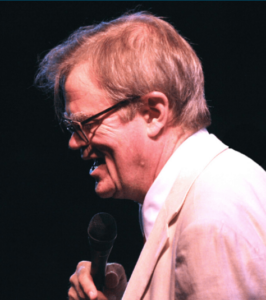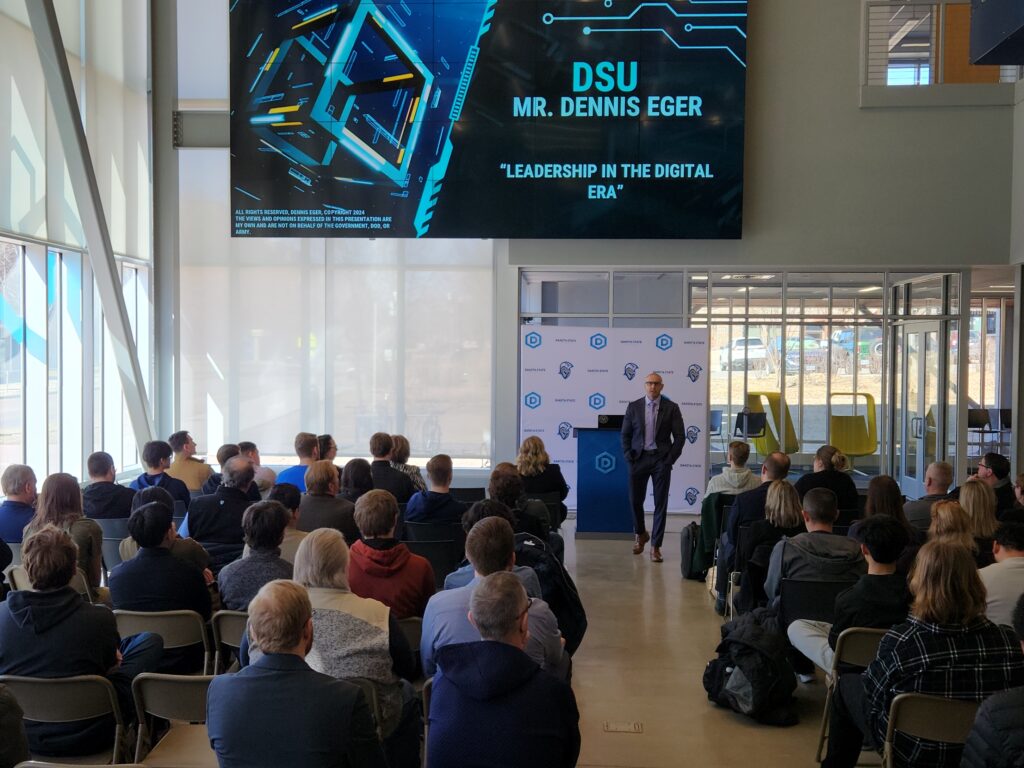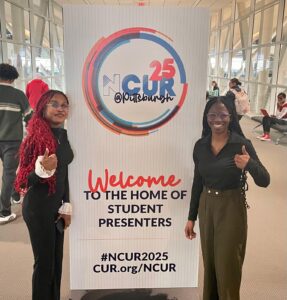“Say What?!” Starts Dialogue about Biases and Microaggressions

On Thursday, January 16th at 7:00 PM a presentation entitled “Say What?!” was held in the Science Center auditorium. The presentation focused on biases and microaggressions, how to further understand where microaggressions come from, and how to stop them. The production was put on through Catharsis Productions, a company that does programs that use humor to talk about topics that may be uncomfortable to discuss otherwise, like sexual harassment and racism in the workplace.
The presentation on DSU’s campus was led by Anthony DiNicola who has worked with the company for ten years. DiNicola has held presentations on three continents and held presentations in all fifty states except Idaho. He has done 1,000 presentations through his time with the company.
“Say What?!” is a presentation done specifically for collegiate audiences that focuses on combatting and ending microaggressions on college campuses. It aims to connect with its audience on a personal and interpersonal level, using facts, exercises, and a number of other components. Some quotes from the presentation that seemed most helpful for myself included, “Diversity is not always visible,” and “Intent does not change impact.”
There were a few suggested steps to combat microaggressions. To make remembering the program easier, the presentation used the acronym WOKE:
- Work on it,
- Openness to change,
- Kindness, and
- Education, education, education.
Stopping microaggressions, which are often rooted in stereotypes, is a process and takes a lot of work. Individuals also need to be open to change in order to notice when microaggressions happen and to stop them. The last two, kindness and education, are self-explanatory: be kind and educate yourself. The most important thing to know is that if you’re unsure about something, ask. Even if it may seem like a stupid question to you, odds are others may have the same though and educating yourself can help you educate them.
There were also steps to take if one does commit a microaggression: listen, apologize, thank them for informing you, and make the change. You don’t need to defend yourself; we all make mistakes. If you listen to the person alerting you of a microaggression and you understand why it was wrong, you’re helping yourself and them. It takes a lot of courage to point something like that out, so thanking them and letting them know you understand helps you both. It’s also best to apologize for committing a microaggression and to remember the event and what you did wrong so you don’t do it again.
When asked why he felt programs like “Say What?!” are important, DiNicola explained:
“I see the challenges communities face when they fail to address the work of inclusion and equity in all the wide and varied ways that is necessary. It is not enough to bring together diverse coalitions of people, whether they be students or faculty or staff. It takes a lot of hard work on everyone’s part to address the varying needs and concerns of all the different people in our institutions. To me, the amount of microaggressions taking place on a campus and how they are being addressed by the school and community at large is a barometer for how seriously the issues of diversity, equity and inclusion are being taken by everyone involved.”
The main lesson DiNicola wants people to take away from the program is this: “Do not be afraid of being wrong. We are all ignorant to so much in this world. It is a gift to learn new things…When we know better we do better.”
Because the topic and program itself were so important to DiNicola, the message was also personal. The level of commitment he dedicates to his job and to these programs was easy to see during the presentation. He included personal stories of his own experiences with microaggressions including an awkward family Thanksgiving. It was a funny and relatable presentation about a topic that many feel uncomfortable talking about. It opened the door for dialogue to start about the topic, and in that same sense, for change to follow.





